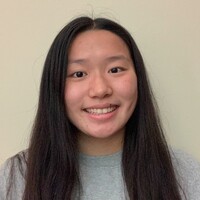Utilizing Correlational Analysis to Identify Traits of Successful Forecasters
The Human Progress Forecasting Tournament is a two-year longitudinal study that was designed to help identify traits of individuals who were capable of successfully predicting future outcomes regarding a set of four domains: non-state conflicts, US poverty rate, global infant mortality, and global CO2 concentrations. During Year 1 of the tournament, participants first made predictions by themselves for each domain. After making predictions for all four domains, they were then able to see other participants’ predictions and rationales, and participants had the opportunity to change their answers if they chose to. Utilizing correlational analyses between variables derived from the tournament dataset, we were able to statistically infer two conclusions. First, we found no significant relationship between the amount of change in participants’ Year 1 predictions between individual and team stages and prediction error. These findings were also supported by an auxiliary correlational analysis between average change across all predictions within a domain and prediction error, which yielded no significant correlation. Second, we found a small significant positive correlation between the size of the range of estimates and prediction error, indicating that an increase in estimate ranges is related to an increase in prediction inaccuracy. Because more change in predictions between the two stages might indicate open-mindedness to external opinions, and a larger range of estimates might indicate flexibility to multiple possible outcomes, we expected there to be a significant relationship between prediction change and prediction error and for a negative significant relationship between range and prediction error. However, we found opposite patterns, and future research is needed to understand these results.

Comments